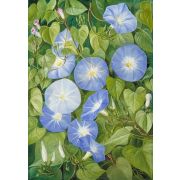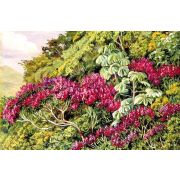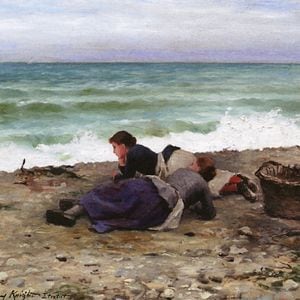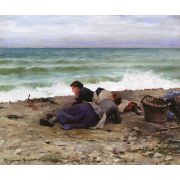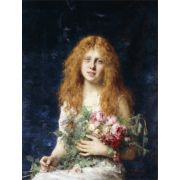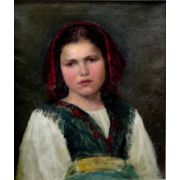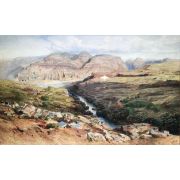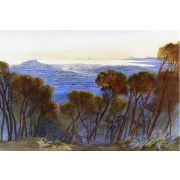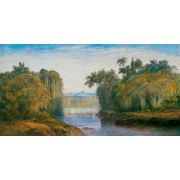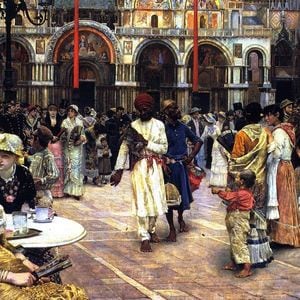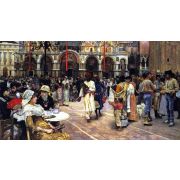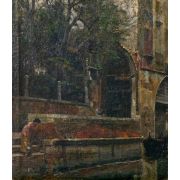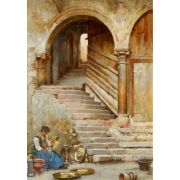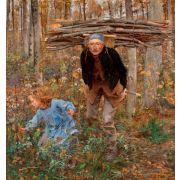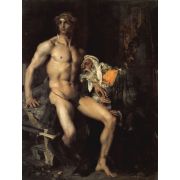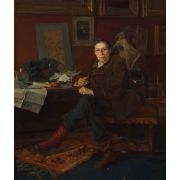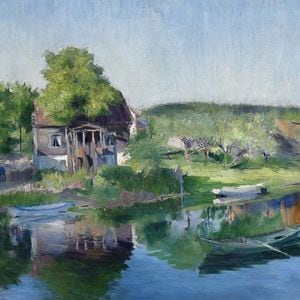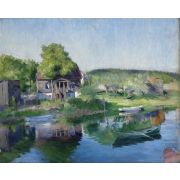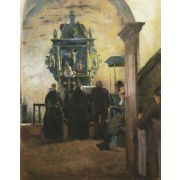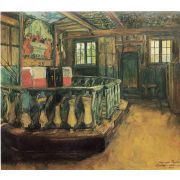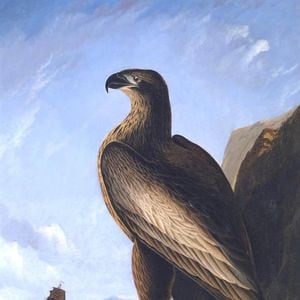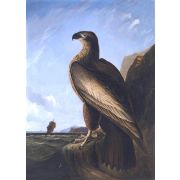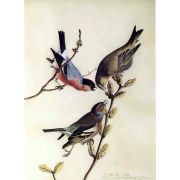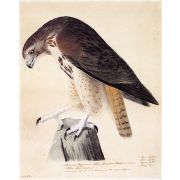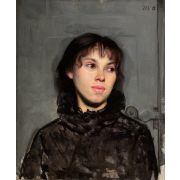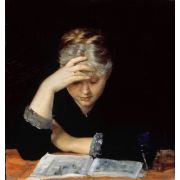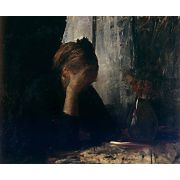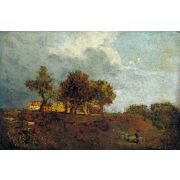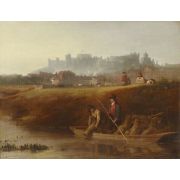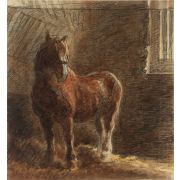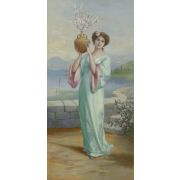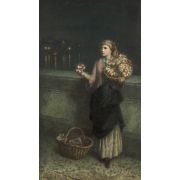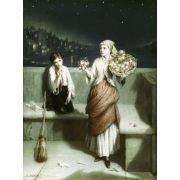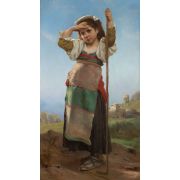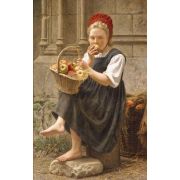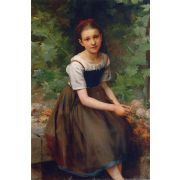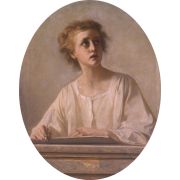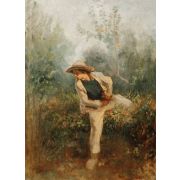
Naturalism
Naturalism
1 to 13 out of 13 artists
Marianne North
1830 -1890, British, Female Artist / Naturalism, 1047 works
Daniel Ridgway Knight
1839 -1924, American / Realism and Naturalism, 171 works
Alexei Harlamoff
1842 -1922, Russian / Naturalism and Realism, 154 works
Edward Lear
1812 -1888, British / Romanticism and Naturalism, 87 works
William Logsdail
1859 -1944, British / Realism , Naturalism , and Impressionism, 62 works
Jules Bastien-Lepage
1848 -1884, French / Realism , Glasgow School , and Naturalism, 59 works
Harriet Backer
1845 -1932, Norwegian, Female Artist / Impressionism and Naturalism, 32 works
John James Audubon
1785 -1851, American / Naturalism, 31 works
Marie Bashkirtseff
1858 -1884, Russian, Female Artist / Naturalism and Realism, 30 works
William Henry Hunt
1790 -1864, British / Naturalism, 22 works
Augustus Edwin Mulready
1844 -1905, British / Naturalism, 17 works
Charles Victor Thirion
1833 -1878, French / Academic Art and Naturalism, 3 works
Alexandre Antigna
1817 -1878, French / Naturalism and Realism, 2 works
1 to 13 out of 13 artists
"Naturalism" is an art term that has a long and complicated history. Since the 17th century, it has been used to describe any work of art that tries to show the reality of its subject without caring about conventions or ideas of what is "beautiful." But since the end of the 19th century, it has also been used to describe a movement in painting that was first thought to be based in France but later found to have spread worldwide. This movement tried to show the human subject in its productive relationships with natural habitats and social milieus with a level of visual accuracy close to that of photography. Naturalism was once the most popular style of art in the West. Both Romanticism and Realism influenced it. However, Impressionism, which was happening simultaneously, got more attention and eventually overtook it.
Realism was a school of French painting that became popular in the middle of the 19th century. Artists like Gustave Courbet, who was part of this school, painted scenes of everyday work life. Naturalism is often confused with Realism, but it wasn't defined until a few decades later. Its heyday was in the 1870s and 1880s, and it was more focused on hyperreal composition and putting the human figure into a scene or landscape that surrounded it than the earlier movement. In this way, one of Naturalism's most important things may have been to combine the ideas of Realism with the styles and effects of Romantic landscape painting.
Naturalism was one of the first modern art movements to show how people felt about their country or region. From the Norwich School of painters in rural East England to the Peredvizhniki group, whose traveling exhibitions took them all over Russia, Naturalist artists tied their style to specific places. These places were often in the countryside and were always places the artists knew very well. This was one way that Naturalist painters helped to open up art to more people by making its subjects easy to understand and familiar.
The development of photography had a significant effect on the growth of Naturalism, as well as on the evolution of modern art in general. But this new technology forced painters to get creative other than making lifelike pictures, which a camera could do in minutes. On the other hand, naturalist painters took the new medium on their terms and created works that looked so real that they were unmatched in art history.

